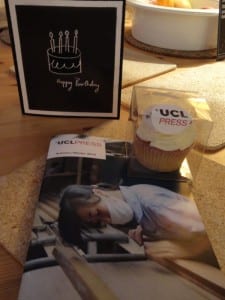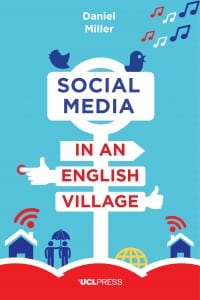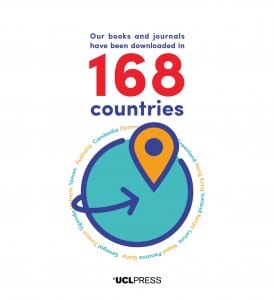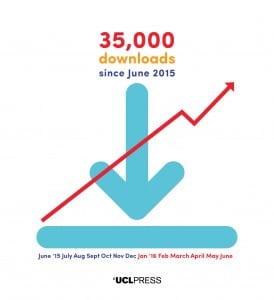Books on the Web, about the Web
By Alison Fox, on 27 June 2016
Today’s guest post is written by Ralph Schroder and Niels Brugger, authors of the forthcoming UCL Press book The Web as History: Using Web Archives to Understand the Past and the Present.
The World Wide Web has now been with us for more than twenty years. From its early incarnation as the Mosaic browser, to today’s ubiquitous uses of the Web as a source of information, entertainment, and much else, the Web has become part of our daily lives. It is therefore curious that scholars have thus far made little use of the Web as a source for understanding historical patterns of culture and society. Future historians and social scientists are bound to look to the Web, its content and structure, to understand how society was changing – just as they have used letters, novels, newspapers, radio and television programmes, and other artefacts as a record of the past in pre-digital times. What can we learn from the Web so far?
Our forthcoming book, an edited volume entitled The Web as History: Using Web Archives to Understand the Past and the Present (eds. Niels Brügger & Ralph Schroeder) will present a series of chapters about how culture and society has evolved with the Web. It will include a number of histories of national Web spaces, accounts of different domains such as government and media websites, and case studies of topics such as religion, and education, the online community of GeoCities, and the evolution of the abortion debate in Australia 2005-2015.
We believe that Open Access is a good policy: it has been shown to increase audience reach and access. Our book can also have plenty of images – pictures of websites: very important, for obvious reasons, in this case. Our book is about the Web, and will have a diverse readership, who can hopefully also find it easily online.
UCL Press has published an impressive set of books in internet research, especially How the World Changed Social Media, and other books in the Why We Post series by Daniel Miller and colleagues. The fact that the book can be both in print and online is the best of both worlds. Finally, they have a helpful team, good to work with!
About the authors
Ralph Schroeder is MSc Course Director and Senior Research Fellow at the Oxford Internet Institute. Niels Brugger is Professor in Internet Studies and Digital Humanities at Aarhus University, Head of NetLab, part of the Danish Digital Humanities Lab, and head of the Centre for Internet Studies. Their book, The Web as History, will be published by UCL Press in spring 2017.
 Close
Close










